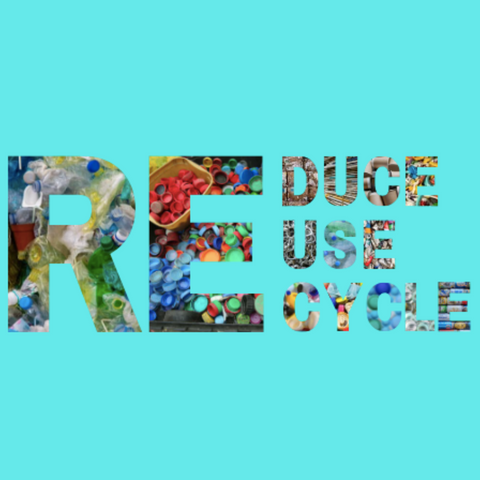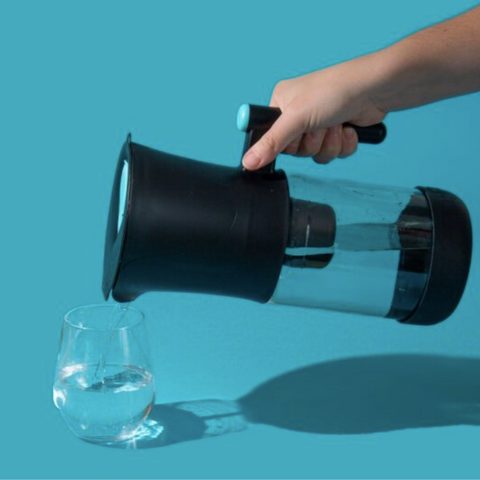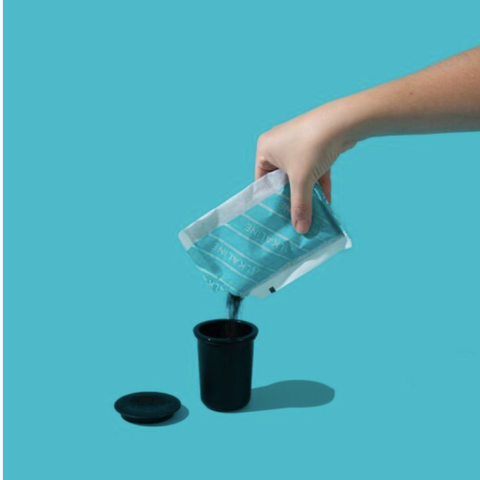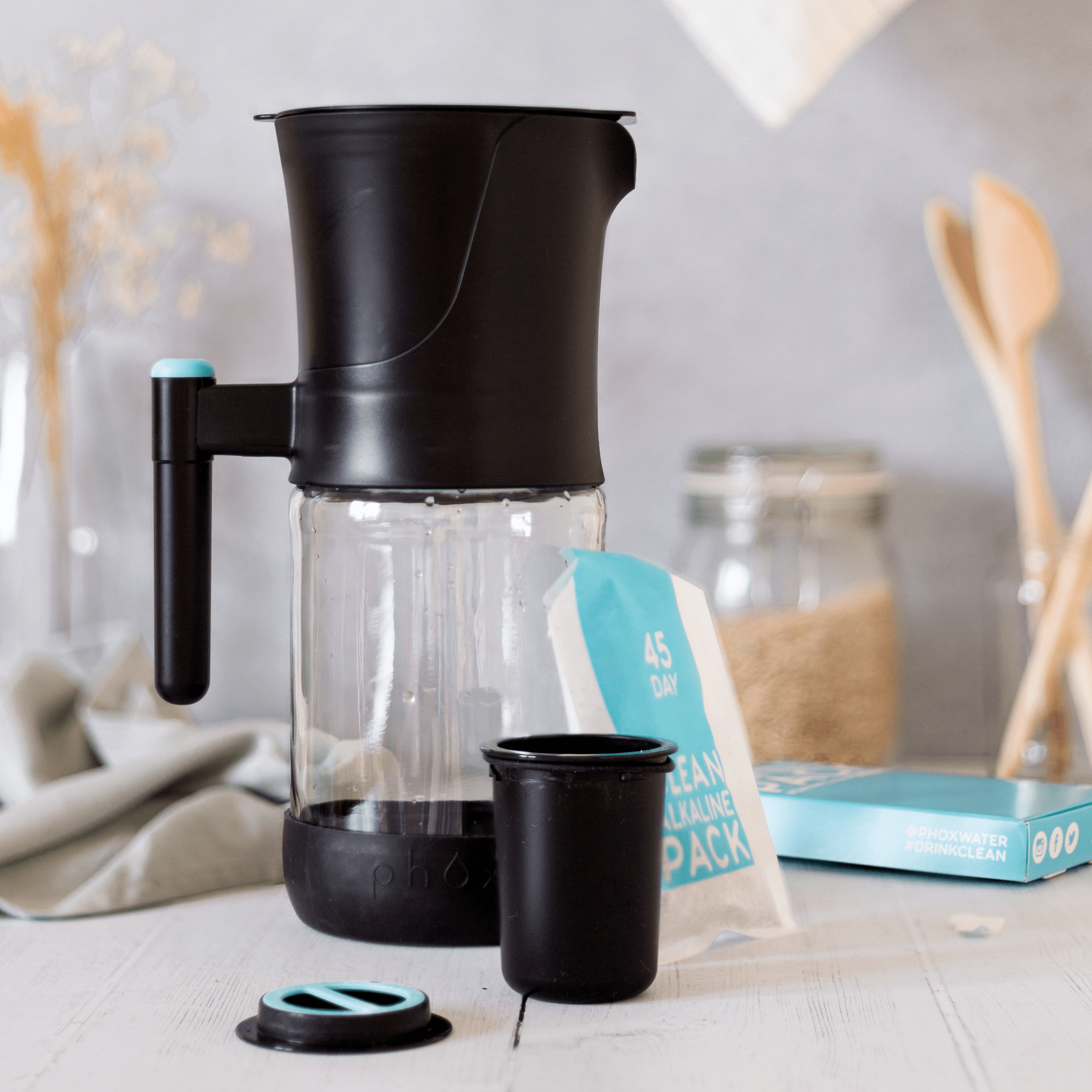Rethinking Recycling: Embracing Reusables and the Refill Revolution!
We've all heard the mantra "Reduce, Reuse, Recycle" a million times, and for good reason. Recycling is often hailed as a hero in our quest to be more sustainable and environmentally friendly. But today, we're going to explore an alternative perspective. That's right, recycling may not always be the shining knight in the sustainability story we thought it was. In this blog post, we'll delve into the reasons why recycling isn't a one-size-fits-all solution and discover some surprising truths about what it means to truly lead a sustainable lifestyle. So, let's take a step beyond the recycle bin into a broader world of sustainability. And speaking of sustainable solutions, let's not forget that the best way to be environmentally friendly is to reduce and reuse.

Energy Consumption:
Recycling isn't as energy-efficient as we'd like to believe. The process of collecting, transporting, and processing recyclables consumes a significant amount of energy. In some cases, the energy required to recycle certain materials can be higher than producing new ones. This means that recycling isn't always the most sustainable option, especially when it comes to certain materials like glass or plastics.
Contamination Issues:
Recycling depends on people sorting their waste correctly. Unfortunately, contamination is a common problem in recycling bins. When non-recyclable items end up in recycling streams, it can render the entire batch unusable. This leads to increased waste and additional energy being used to deal with contaminated materials.
Limited Lifespan:
Recycled materials often have a limited number of cycles before they become unusable. For example, recycled paper fibres can only be recycled a certain number of times before they break down. This means that even when we recycle, we can't escape the eventual fate of sending items to the landfill.

Encouraging Overconsumption:
Believe it or not, the availability of recycling options can sometimes encourage overconsumption. People might feel better about using disposable products if they think they can simply recycle them afterwards. This mindset can contribute to our throwaway culture and divert us from more sustainable practices like reducing and reusing.
The Hierarchy of Sustainability:
To truly lead a sustainable lifestyle, we need to remember the hierarchy of sustainability: Reduce, Reuse, Recycle. Recycling should be the last resort, not the go-to solution. By reducing our consumption, reusing items whenever possible, and only resorting to recycling when all else fails, we can make a more significant impact on the environment.
Reusable as the Best Solution:
When it comes to sustainability, reusing items is often the best solution. It's this principle that drove us at Phox to create the first refillable water filter cartridge. This innovation allows us to enjoy the convenience of filtered water without constantly replacing cartridges and contributing to waste. By choosing reusable over disposable options, we can drastically reduce our environmental footprint and take a significant step towards a greener, more sustainable future.

Recycling is undoubtedly an essential part of our efforts to reduce waste and protect the planet. However, it's crucial to recognise that it's not always the best way to be sustainable. In some cases, it can even have negative environmental consequences. Instead of relying solely on recycling, we should prioritise reducing our consumption, reusing items, and making conscious choices about what we buy and discard. By doing so, we can move towards a more holistic and genuinely sustainable way of living that benefits both our planet and future generations. So, let's rethink our approach to sustainability and aim for a more balanced and responsible path forward! And don't forget, choosing reusable options, like the refillable water filter cartridge, can make a world of difference in our quest for a greener tomorrow.


